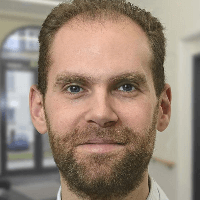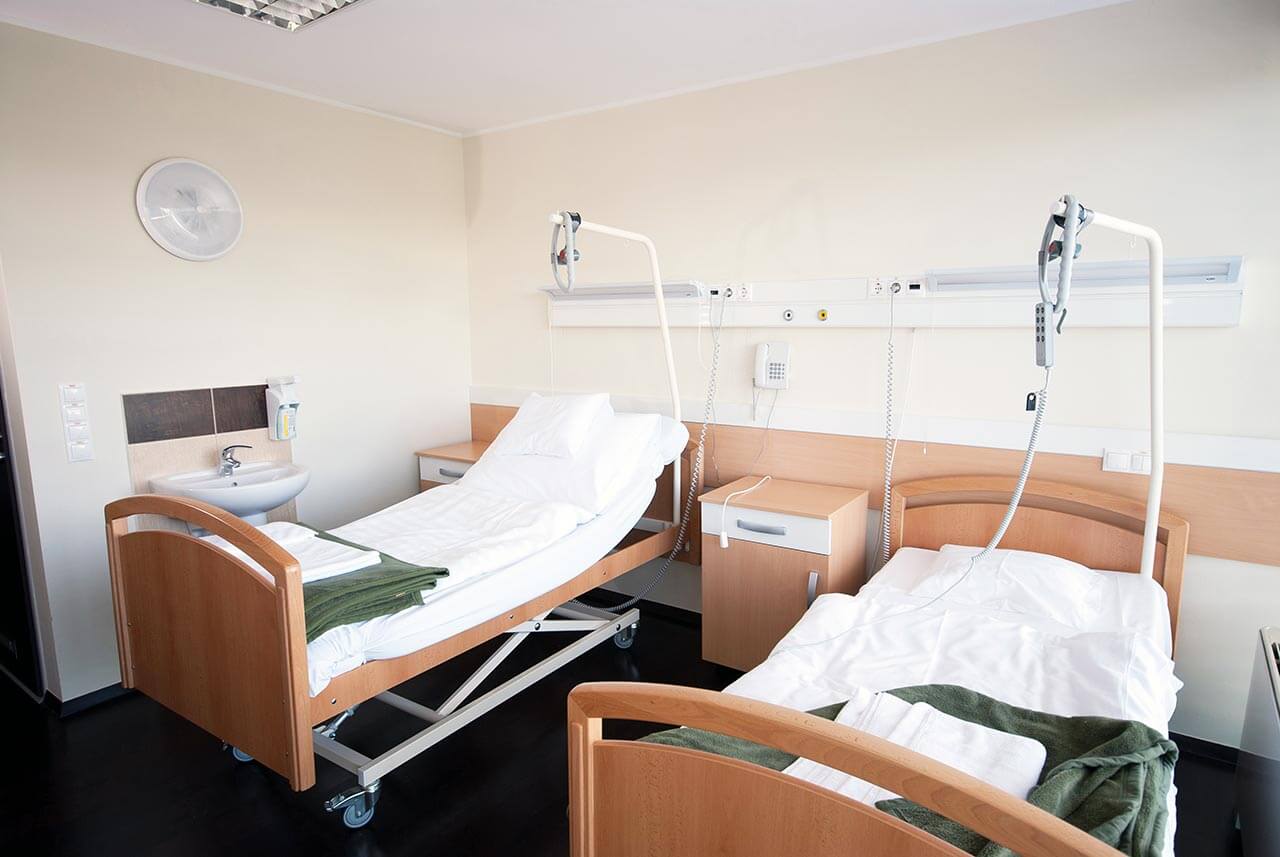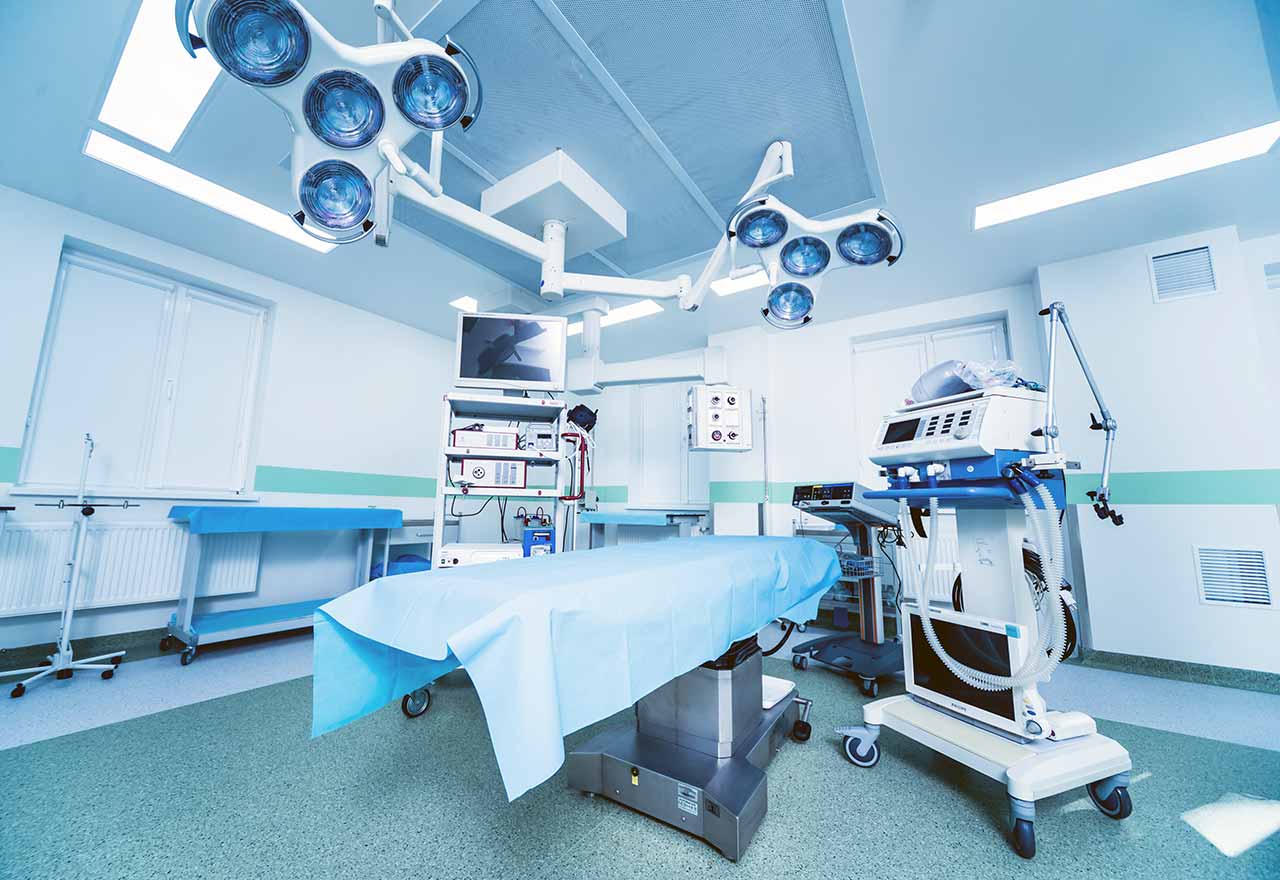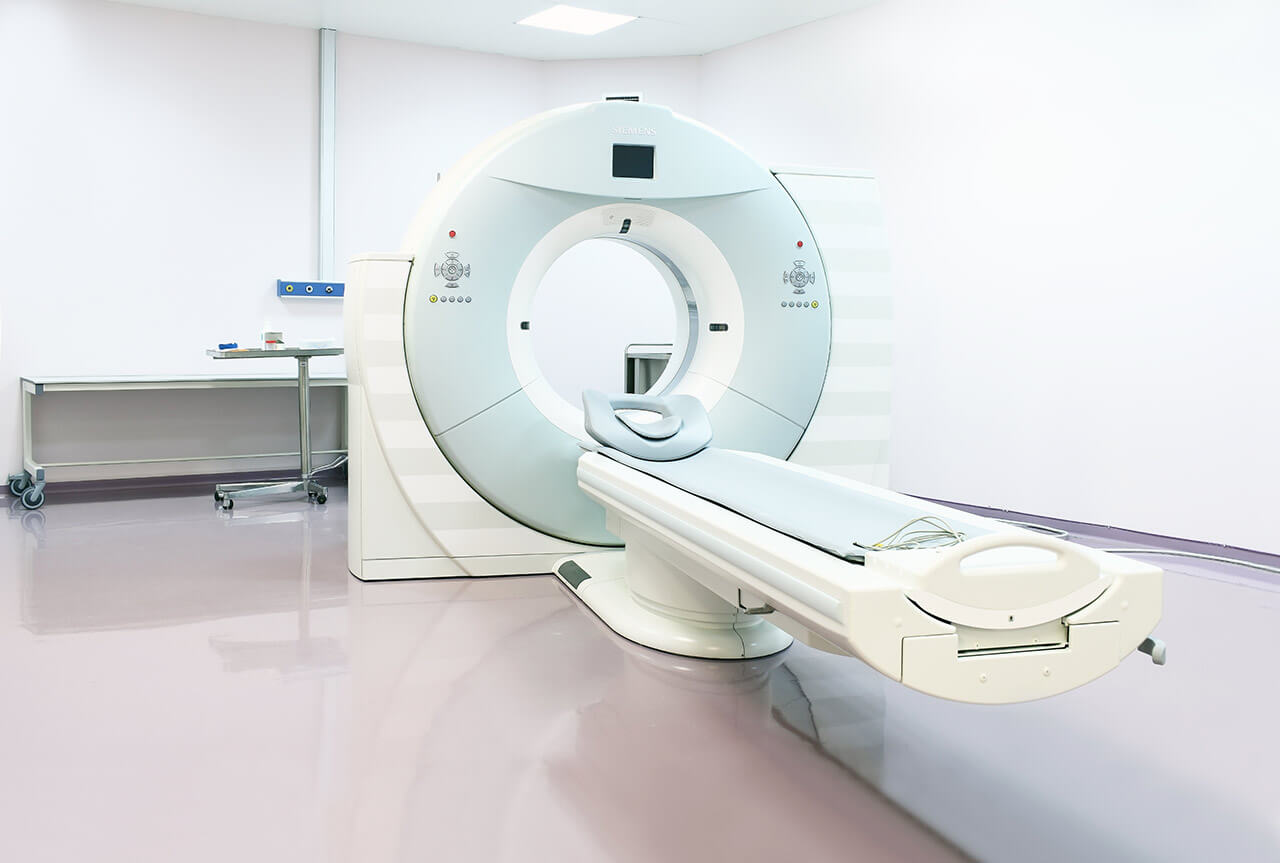
About the Department of Thoracic Surgery at HELIOS University Hospital Wuppertal
The Department of Thoracic Surgery at the HELIOS University Hospital Wuppertal offers the full range of modern surgical treatment of diseases of the lungs and other respiratory organs at the highest level of European medicine. A special field of competence of the department's thoracic surgeons is the resection of tumors and metastases in the lungs, trachea and thoracic wall. The department has the status of a certified Lung Cancer Center (certificate of the German Cancer Society, DKG), which confirms the exceptional quality and effectiveness of therapy. The specialists also perform modern interventions for inflammatory diseases and traumatic injuries of the respiratory organs, as well as thoracic malformations. The department's operating rooms have modern equipment that allows performing most surgical interventions using sparing surgical techniques – video-assisted thoracoscopic surgery. The department's doctors resort to open surgery only in rare cases.The surgeons make sure that the patient feels as comfortable as possible during the therapeutic process and are always ready to help with any issues.
The department is headed by Dr. med. Christian Biancosino. He is a leading specialist in the field of thoracic surgery and is actively engaged in research activities. In 2003, he managed to create a tracheal flap – a tracheal section that corresponded to all the characteristics of normal human tissue, as well as was restored after irradiation and was suitable for correcting tracheal defects in cancer patients. Dr. Biancosino's team offers the full range of surgical interventions – from surgical treatment of hyperhidrosis to complex lung cancer surgery.
The department has advanced equipment and performs surgical treatment using the very latest techniques. For this purpose, the medical facility has the entire infrastructure of the maximum care university hospital. For example, with the help of cutting-edge laser systems, doctors remove lung metastases in the most sparing way, and extracorporeal membrane oxygenation (ECMO) allows specialists to operate on patients with severe forms of lung diseases. With endoscopic techniques, even extremely complex lung interventions are performed using minimally invasive and sparing procedures.
The team of thoracic surgeons successfully copes with the treatment of malignant diseases of the respiratory system. Lung cancer is a severe oncopathology that is difficult to treat, and therefore specialists of the medical facility cooperate with pulmonologists and pay due attention to the treatment of this disease. The patients with suspected lung cancer are admitted to a specialized Lung Cancer Center certified in accordance with the requirements of the German Cancer Society (DKG). This means that patients can receive interdisciplinary medical care with the use of the very latest therapeutic methods and individually elaborated treatment regimens. The responsibility of the department's thoracic surgeons includes the resection of malignant lung tumors (at the advanced stages, it may be required to remove a part of the affected organ). This part of the therapeutic process plays a crucial role in the success of lung cancer treatment. The department's thoracic surgeons always strive to use modern video-assisted thoracoscopic surgical techniques, thanks to which the patient does not need thoracotomy. Thus, postoperative recovery takes place as soon as possible, and the patient does not experience severe pain. In cooperation with pulmonologists, oncologists and radiation therapists, the specialists cooperatively assess the diagnostic results in order to prescribe chemotherapy, radiation therapy or chemoradiation therapy to the patient. The competence of thoracic surgeons of the medical facility also includes the surgical removal of lung metastases caused by colon cancer, breast cancer, prostate cancer and other oncological diseases. With appropriate clinical indications, metastasis removal is performed with the use of modern laser technologies.
The department also performs surgical treatment of benign diseases. The most common of these are pleural effusion, pleural empyema, pneumothorax, pulmonary emphysema, bronchiectasis, pulmonary tuberculosis, congenital and acquired malformations of the thorax and thoracic wall, as well as traumatic chest injuries, including rib and sternum fractures, pulmonary hemorrhage. Benign diseases are treated with the use of endoscopic and thoracoscopic techniques, during which the doctor makes only a few small incisions to access the pathological focus instead of thoracotomy. The use of low-traumatic surgical techniques provides patients with an effective result and high safety of treatment.
The department's range of services includes the diagnostics and treatment of the following diseases:
- Lung cancer and cancer of other respiratory organs
- Malignant tumors of the lungs (for example, lung cancer), mediastinum, chest wall (for example, sarcoma), and pleura (for example, pleural mesothelioma, malignant pleural effusion)
- Malignant tracheal diseases: tumors, strictures, stenoses
- Lung metastases caused by other cancers (for example, colon cancer, kidney cancer, breast cancer, testicular cancer, prostate cancer, etc.)
- Inflammatory diseases
- Pleural effusion
- Pleural empyema
- Bronchiectasis
- Fungal lung lesions
- Pulmonary tuberculosis
- Benign diseases, malformations, traumatic injuries of respiratory organs and chest wall
- Benign neoplasms of the lungs, mediastinum, thorax and pleura
- Pneumothorax and pulmonary emphysema
- Excessive sweating of the arms and armpits (hyperhidrosis)
- Congenital malformations of thoracic organs (including cysts of the bronchi, pericardium, etc.)
- Congenital and acquired thoracic malformations
- Thoracic injuries (fractures of the ribs and sternum, pulmonary hemorrhage)
- Other diseases
The department's surgical options include:
- Lung-preserving cuff resection to avoid pneumonectomy
- Lung-preserving radical pleurectomy for malignant pleural mesothelioma (pleural cancer)
- Surgical removal of metastases in the lungs, including laser one
- Modern sparing thoracoscopic techniques (VATS lobectomy, segmental resection using VATS technique, etc.)
- Extended resections (including chest wall, spine, etc.)
- Surgical procedures with the use of methods of extracorporeal membrane oxygenation (ECMO)
- Other types of thoracic interventions
Curriculum vitae
Dr. med. Christian Biancosino is the Head of the Department of Thoracic Surgery at the HELIOS University Hospital Wuppertal. Previously, the doctor held the position of the Managing Senior Physician in the same Department of Thoracic Surgery (for two years). Dr. Biancosino also worked at the University Hospital Freiburg, and most of the specialized clinical training in thoracic surgery took place at the Dr. Horst Schmidt Clinic Wiesbaden. In addition, Dr. Biancosino worked for three years as the Deputy Head Physician of the Department of Cardiothoracic Surgery, Transplant Surgery and Vascular Surgery at the Hanover Medical School.
The clinical focuses of Dr. Biancosino include thoracic interventions ranging from hyperhidrosis (excessive sweating) surgery to complex lung cancer surgery. The specialist cooperates closely with colleagues from various medical fields and has been engaged in scientific activities for many years.3214qwas
Photo of the doctor: (c) Helios Universitätsklinikum Wuppertal




